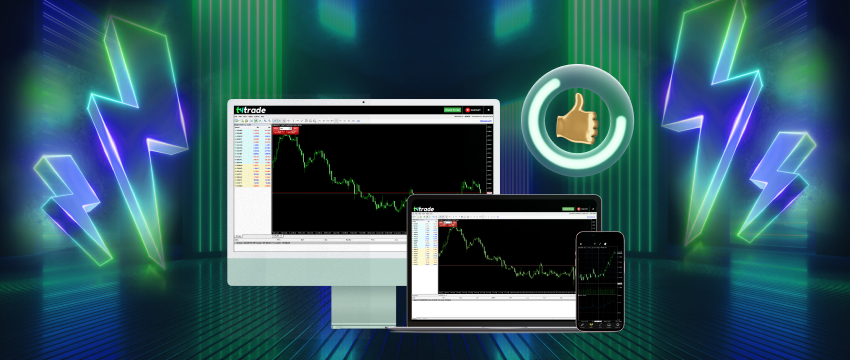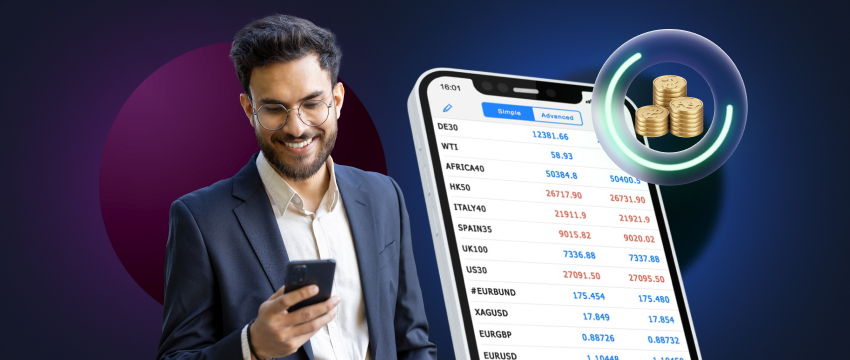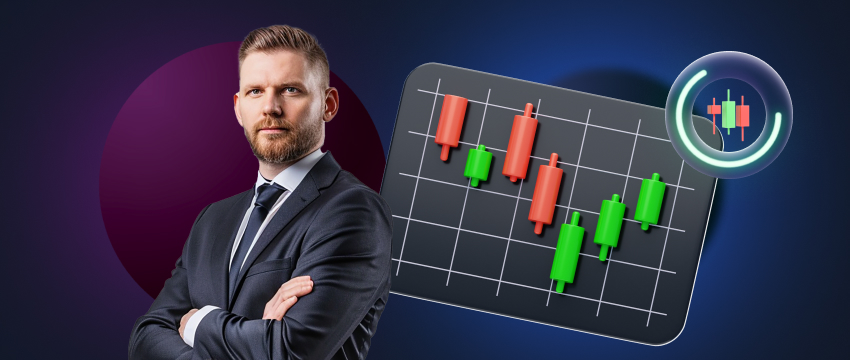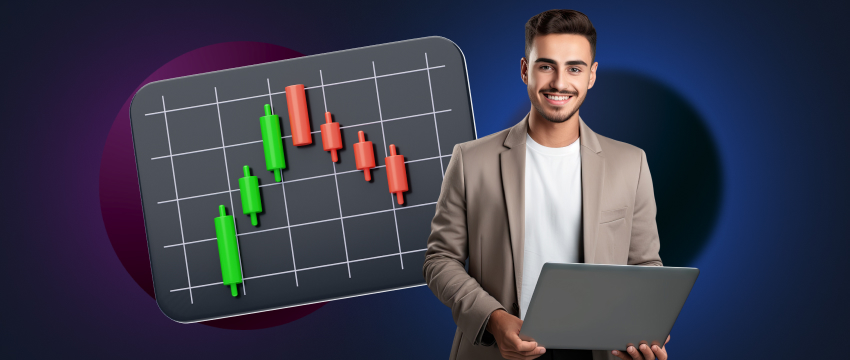For many traders throughout the world online forex trading has proven to be a rewarding and exciting activity. With a rich variety of currency pairs to trade from and a forex market that is highly liquid, fx trading continues to attract traders from all parts of the world.
Online forex brokers have also grown their forex offering and provide competitive conditions to meet the increasing expectations of forex traders. Trading forex is now much easier than in the past as CFD forex brokers offer access to currencies through CFDs which require less capital. Anyone can trade forex, as long as they have the right education and have registered with a good recognised CFD forex broker.

The basics of online forex trading
Before you enter the exciting world of online forex trading, it is important to have a good grasp of the forex market and how things work. You also need to do some research regarding which forex broker you will choose, as there are many around offering different things.
Trading forex pairs
CFD forex brokers offer a wide range of forex pairs including majors, minors and exotics. When you first start to trade, check which currency pairs are the most popular, most volatile or most liquid and decide which ones you want to trade based on your goals. Some of the most liquid and popular pairs are the EUR/USD, USD/JPY or GBP/USD.
MT4: The leading trading platform
Again, depending on your specific situation, trading goals, time and money, you should make the right choice for you. Many CFD forex brokers offer a wide variety of platforms, including the gold standard, the MetaTrader 4 platform.
Fundamental & technical analysis for trading forex
Fundamental and technical analysis can be used to speculate on the price movement of forex currency pairs. With technical analysis, traders analyse various patterns on the charts based on historical price movements in order to predict future price movements. With fundamental analysis, they watch the release of macroeconomic data and central bank announcements so they can monitor the markets and speculate whether a forex pair will go up or down. Technical analysis is usually more common for day traders and for those trading in the shorter term. Fundamental analysis is very helpful to understand current and future movements and is a great way to introduce yourself to the market and the main drivers of currencies. An economic calendar is essential for every trader as you will be able to time your trades depending on when the data and reports are released.
Trading with a forex strategy
When you start trading forex, you should have a specific strategy in mind and stick to it. Try to avoid making changes throughout a trade as this will impact negatively on your trading. Plan and follow through.
Trading costs
When you sign up with an online CFD forex broker, ensure that you understand the costs involved. Make sure to ask what they charge in commissions and other potential charges. If you want to calculate your profits and your costs, have a clear idea of what your trading will cost you. How much leverage or which bonus will you use? All this will affect your costs and profits.

What is forex
Trading forex entails purchasing one currency and selling another. The exchange rate, which varies depending on the supply and demand for the underlying currency, represents the total “price” of the currency. Therefore, currencies are always traded in pairs, and the market establishes a currency’s “relative value”—the amount it would be worth if exchanged for another—rather than its “absolute value.”
Online forex trading using CFDs is the most popular method of trading on the currency market. A Contract for Difference is a sort of derivative trading that allows a trader to potentially profit from the underlying asset’s price movement without actually buying or selling the underlying asset.
Trading in the currency market is primarily done by institutional traders. Forex traders use the market to speculate on a currency’s price fluctuation. Instead of a global currency exchange, forex trading is supported by a network of banks and financial institutions, such as a CFD forex broker.
Forex terms you should know
Trading with Leverage
Online forex brokers provide leverage, allowing traders to trade with a small percentage of a trade’s true value, increasing their exposure to the market. Basically, leverage allows traders to trade with more money than they initially put into their trading account.
Pip
A pip is the smallest price change in an exchange rate; it is often referred to as a “percentage in point” or “price interest point.” It is determined by rounding the market value of a currency to the fourth decimal place.
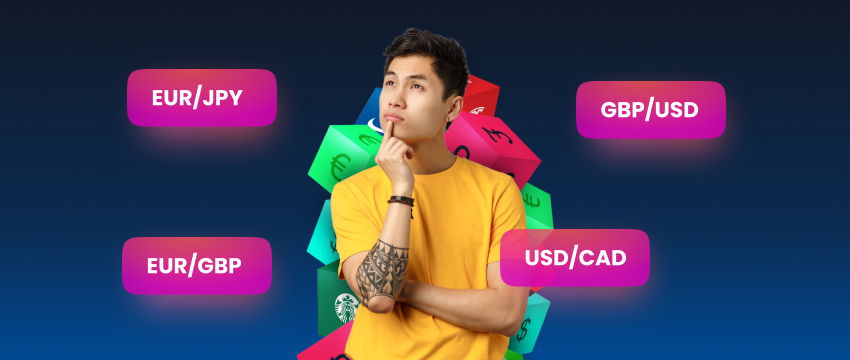
Going long or short and bid/ask prices
A common industry expression used to describe the act of purchasing is “going long.” On the other hand, traders refer to the act of selling as going short. When a trader anticipates that the asset’s price will increase, they will go long. As an alternative, they sell short when they anticipate a decline in price.
Interested in finding more about trading?
T4Trade is one of the leading CFD forex brokers. It provides a range of services and tools to get you started in forex trading. Once you open an account, you will be able to start exploring all that T4Trade has to offer including competitive trading conditions and a wide range of financial assets to trade through CFDs.
Disklaimer: This material is for general informational & educational purposes only and should not be considered as investment advice or an investment recommendation. T4Trade is not responsible for any data provided by third parties referenced or hyperlinked, in this communication.
